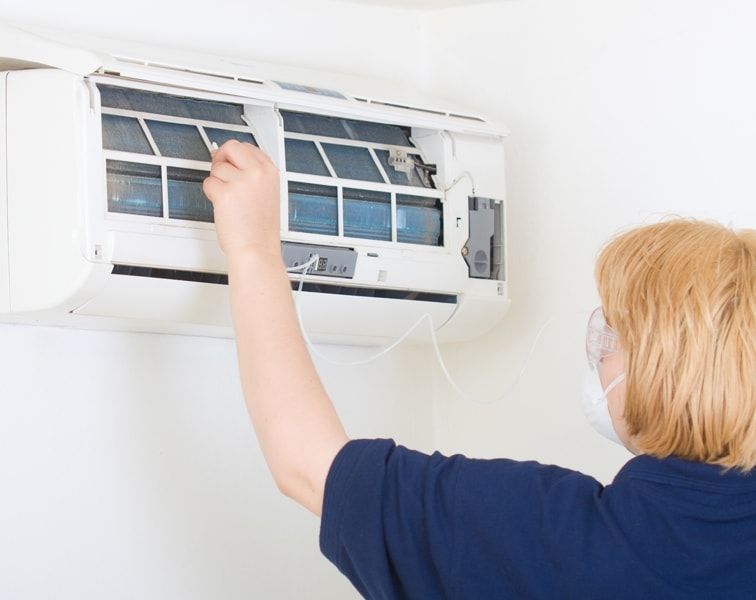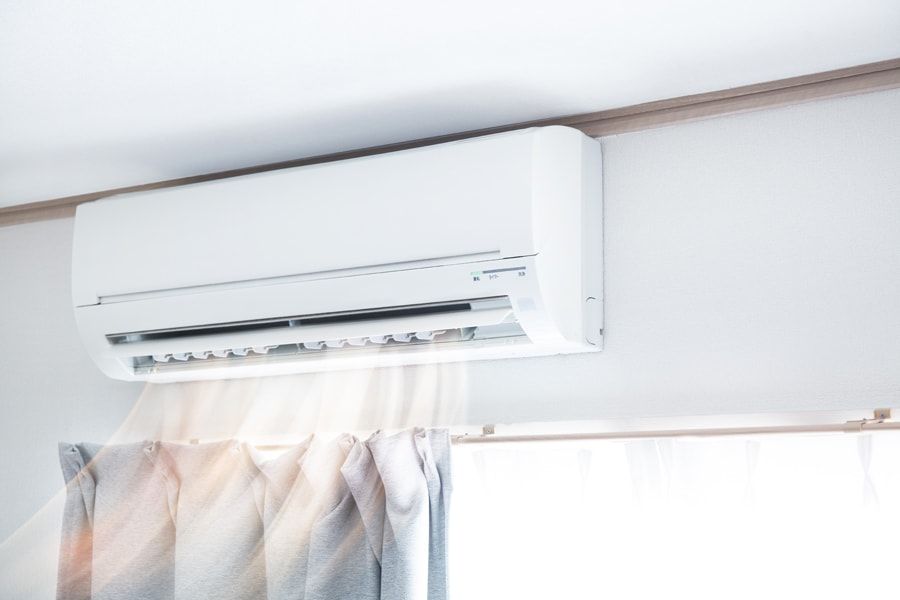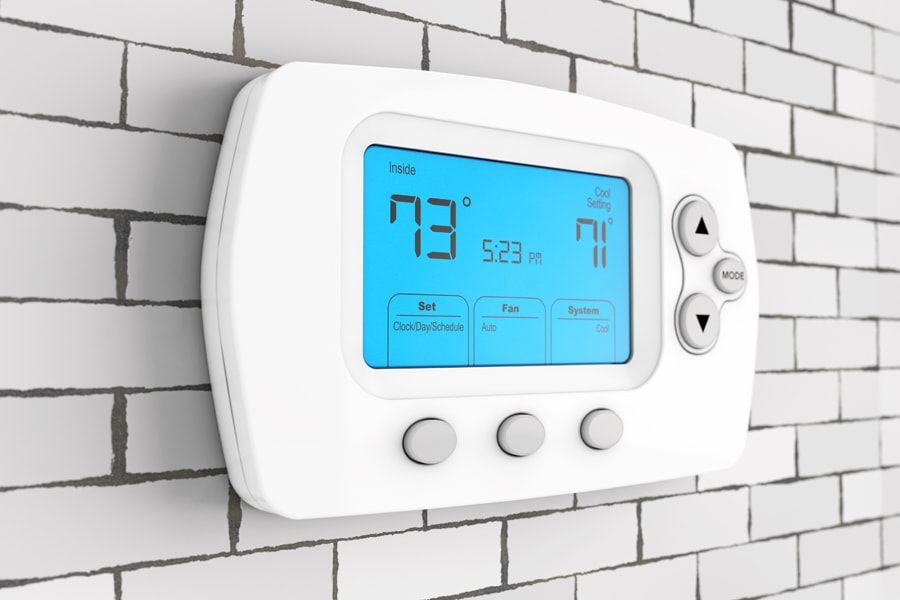3 Signs It’s Time for a New AC
Should you repair or replace? That’s always the big question when it comes to major home systems like air conditioning (AC). Repairs are easier on the pocketbook in the short run, but too many of them can add up.
Deciding on the ideal time to replace your air conditioning system in Oro Valley can be a challenge, so here are three areas our ACS Air Conditioning Service professionals suggest you monitor for telltale signs:
1. Check the age of your air conditioner.
Most air conditioners have an average life span of 10 to 15 years with regular usage. If you run your air conditioning system constantly through unusually hot summers, you may shorten that life span. On the other hand, lighter usage or cooler weather may mean your unit lasts significantly longer.
Although age alone does not signal an automatic need for a new air conditioner, it should play a factor in your decision. If you notice your current unit is not performing as well and you require more repairs on a system that’s reaching the end of a typical life span, it’s probably a good time to make the investment.
2. Evaluate the performance and energy efficiency.
Pay attention to how your air conditioner is performing, as well as to your energy bills. If you have taken care of your air conditioning system with regular maintenance, but begin to notice the unit is not cooling as quickly, as well, or as evenly as it used to, this may be a sign that it’s time to look for a new air conditioner.
In addition, take a close look at the cost of running your air conditioner. New units are always more energy efficient than older ones, and technological developments often boost performance of the newest models. According to the US Department of Energy (DoE), high-efficiency air conditioners can reduce energy usage by 20 to 50 percent per year.
3. Gauge your home’s air quality.
A well-functioning air conditioner should not only keep your home cooler, but it should also improve your air quality by reducing the humidity and minimizing allergens such as mold. When the weather is particularly humid in AZ, your air conditioner will have to work much harder. Not only will your system need to remove heat, but it will also need to remove moisture from the air.
Over time, this will tax your air conditioning system, making it more difficult to handle humidity. If you notice more moisture in your air, as well as decreased air quality, you may want to invest in a new system.
Call Us Today for More Information
Our certified technicians at ACS Air Conditioning Services here in Oro Valley, AZ, are well versed in all makes and models of air conditioners. We would be happy to help diagnose any problems you are facing, as well as make recommendations for repair or replacement. If it’s time for a new air conditioning system, our professionals can also help you choose the best new air conditioner for your home. Call us at 520-230-5668 or contact us online!









